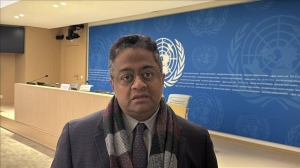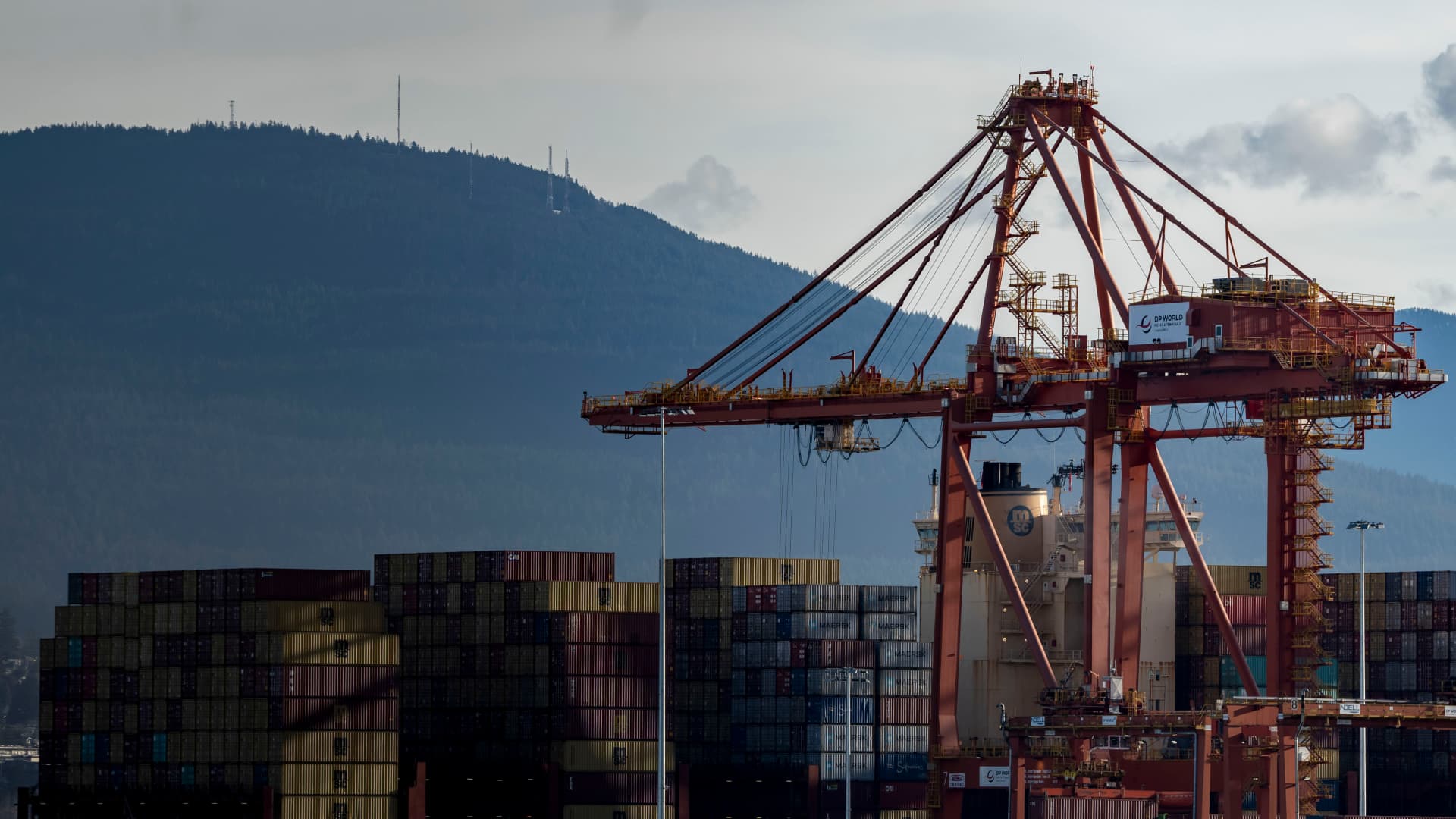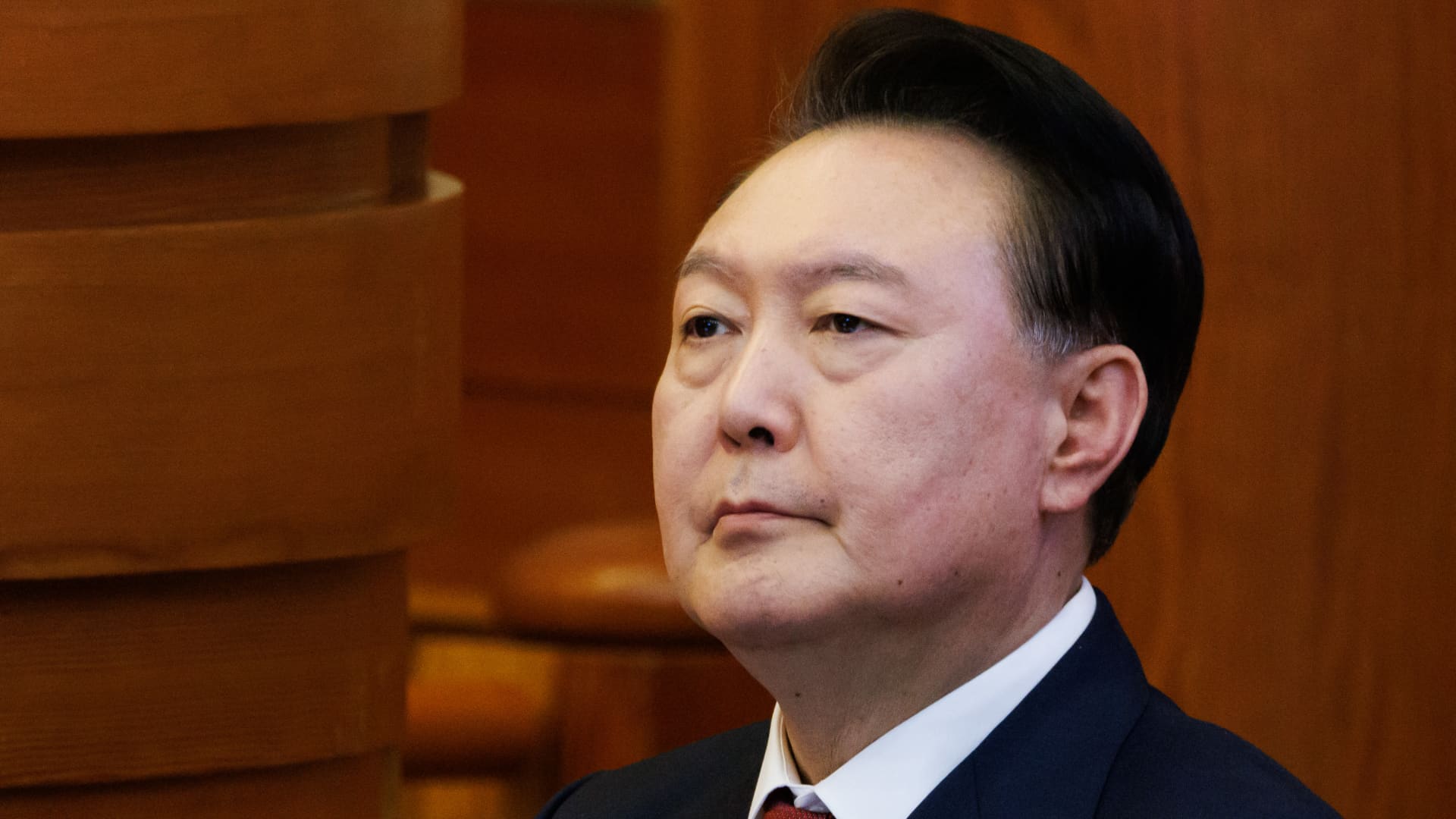North Korea, Officially called the Democratic People’s Republic of Korea is one of the most mysterious country in the international arena. While being one of the most isolated and heavily sanctioned countries in the world, North Korea has been able to achieve a kind of resilience and success that is against expectations. This article discusses How North Korea has achieved its paradoxical success by highlighting its political, military, and economic strategies.
Table of Contents: North Korea’s Persistent Ascent
The Foundation of a Cult of Personality
There is one of the main pillars of North Korea‘s success is its unbreakable political structure, dominated by the Kim dynasty. The power consolidation and internal stability regime has never been seen anywhere in the world, even amidst the pressure and hardships from other sources.
This stability has a large part to do with the cult of personality surrounding the Kim family. From the founding father, Kim Il-sung, to his successors Kim Jong-il and now Kim Jong-un, each has been held as a god on earth. Such a carefully crafted piece of propaganda has seen to loyalty within the population, even when times have been harsh with famine and economic despair.
Using ideological indoctrination and the strict control of mass media and communication, it has successfully insulated its citizenry from external influences. State-controlled narratives have effectively painted North Korea as an impregnable fortress against foreign aggressions and, therefore, creates unity and purpose among citizens. Though this may sound oppressive to outsiders, such a level of control cannot be denied to have had its share in prolonging and stabilizing the life of the regime.
Military Power as a Shield and Sword
The second important factor for North Korea to succeed is military strength. Although the country is relatively small and lacks a lot in terms of resources, it has developed one of the world’s biggest standing armies. Military buildup acts both as a deterrent against threats from external forces and an internal way to keep people under control.
Perhaps the most controversial yet effective strategy the country has is its nuclear weapons program. Having become nuclear capable, North Korea has acquired a form of geopolitical leverage that belies its economic and technological limitations. Even mere possession of nuclear weapons forces major powers to engage the regime diplomatically, thus assuring its survival in this hostile international environment.
The military-first policy, called Songun, has prioritized defence and security over the other sectors. In doing so, it compromised economic development but also helped to sustain the narrative of self-reliance and resilience by the regime. North Korea can point to the sovereignty that was retained against all odds and add to its national pride and the legitimacy of the regime.
Economic Accommodation with Sanctions
The North Korean economy is generally dysfunctional, but the nation’s ability to adapt to international sanctions and economic isolation is remarkably impressive. While manufacturing and agriculture have been unfulfilling sectors in general, North Korea has taken its economy in some very untraditional directions.
One such adaptation is its emerging cyber capabilities. North Korean hackers have been linked with a wide range of cybercrimes, including ransomware attacks and cryptocurrency theft. These activities generate large revenues for the regime while avoiding conventional financial systems. While such practices are illegal and in general abhorred, these practices do go to show how resourceful the regime has been to use technology to keep itself alive.
Also, the state promoted strategic relations with the likes of China and Russia. Just like it participated in international sanctions, these neighbours often operate as economic lifelines during trade and aid. This country has also seen growth in informal markets called jangmadang, where its subjects can engage in semi-private enterprise. Though technically these operations exist illegally, yet for the regime, they happen rather unofficially during prudent exercises toward economic management.
This image is fostered by the ability of the country to present an aura of success through state media and highly orchestrated events; and although it may be inaccurate for the average North Korean citizen, it is a successful means of propaganda both domestically and globally.
Isolation versus Engagement
Another reason for North Korea’s peculiarity of success would be its strategy of periods of isolation and partial interaction with the outside world. As a matter of policy, the regime goes in phases of diplomatic overtures-a summit with South Korea or even more spectacularly, the United States then into retreating into isolation when it best aligns with its strategic goals.
These engagements serve multiple purposes: they assuage immediate pressures, for example, the threat of military action or intensified sanctions, and they fortify the regime’s narrative of standing firm against foreign powers. By playing a delicate game of interactions skilfully, North Korea will survive while extracting concessions from its more powerful counterparts.
This is a fine testimony to the regime’s diplomatic acumen, seeing that it has managed the engagements under its control. North Korea’s negotiators are not only well-trained but savvy as well, making every minute count to advance the state’s interests. The balancing of isolation and engagement has thereby enabled the DPRK to punch above its weight on the international scene.
The Human Toll and Ethical Considerations
There is very much human cost and ethical implications in this odd success of North Korea. It pays attention to military and political goals but forgets the well-being of the citizenry. Poverty is rife, human rights violations abound, and for most North Koreans, access to even the bare necessities of life is limited.
These problems are compounded by the government’s preference for nuclear weapons and military spending over social services. International sanctions, though intended to pressure the regime, usually end up affecting ordinary citizens, further exacerbating their suffering.
This however poses more questions than answers on the survival ability of this regime with such internal stability against the pressures from these challenges on issues of governance, resilience, and the role of ideology in sustaining a state. North Korea’s success, rather is not one in the usual sense-it is one by survival against all odds and human costs.

The Conclusion: North Korea’s Persistent Ascent
The paradoxical success of North Korea is an outcome of strategies that are both particular for the political, military, and economic systems implicated. With this strategy, the regime continues to endure in such an adversarial environment. This feature of North Korea may display controversial ways to survive coupled with severe ethical issues. At the same time, however, these display something significant when it comes to power, resilience, and statecraft dynamics.
The more the world fails to address these challenges from North Korea, the more necessary it becomes to understand why it succeeds. Such an understanding informs diplomatic strategy but also shines a spotlight on the intricate dance between ideology, governance, and survival in one of the most closed countries on earth.
Disclaimer:
The content on this platform, including articles and images, is sourced from various reputable news websites, publications, and publicly available information across the internet. We do not create these stories, Content, Articles or images independently, nor do we claim ownership of the original material. All content is provided for educational and informational purposes only, aiming to offer a broader understanding of global events. We are not responsible for the accuracy, reliability, or validity of the information or images. Any reliance on this content is at the user’s discretion. E-mail us to delete or remove any article, image or content.




